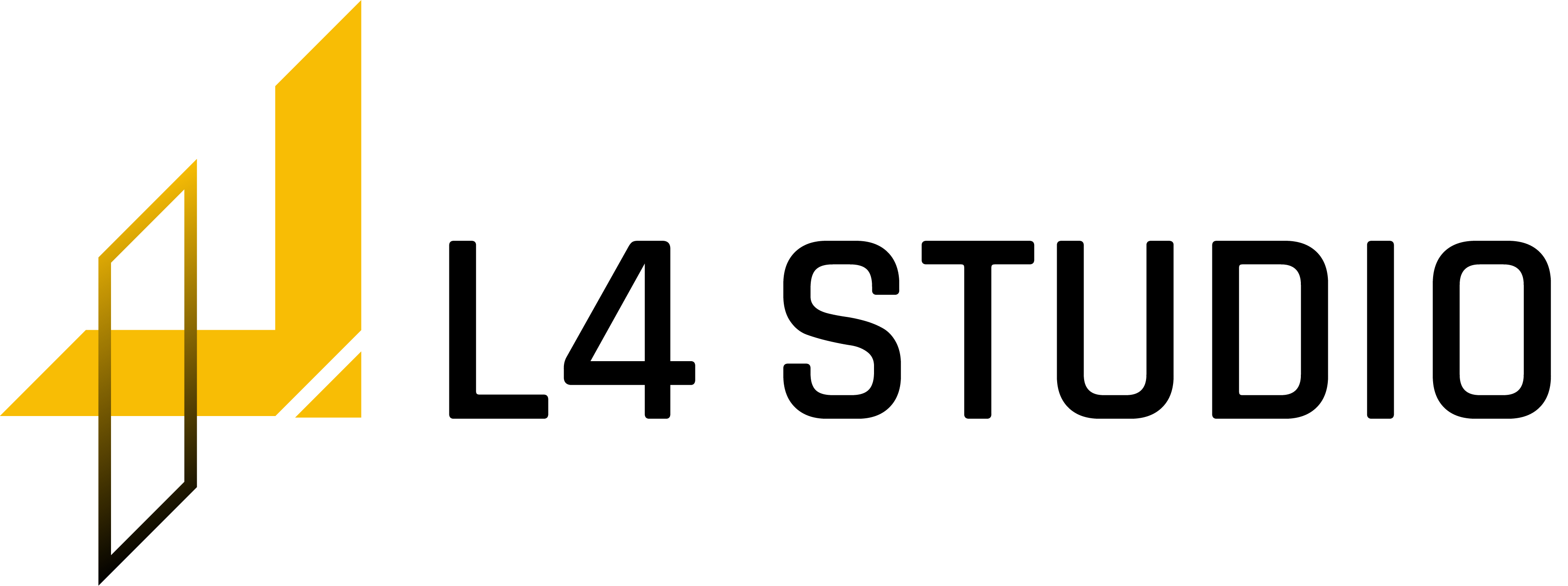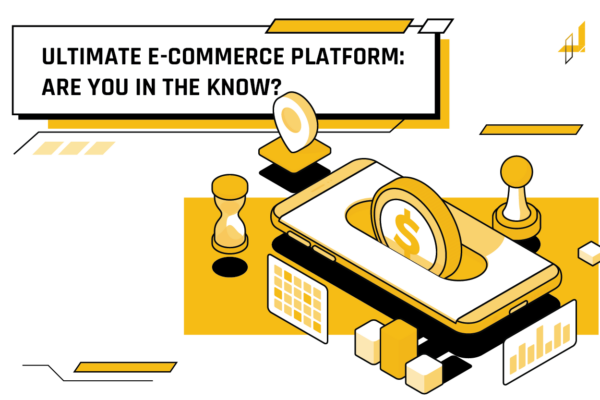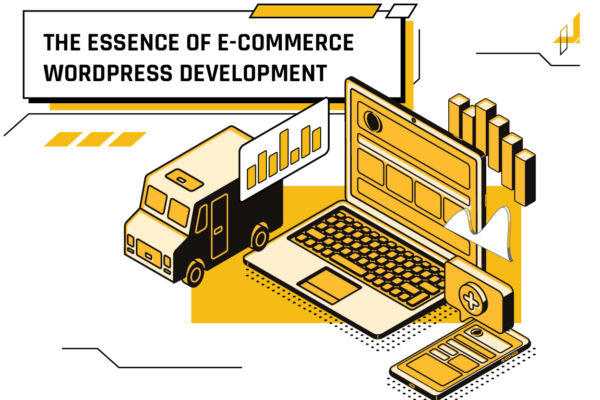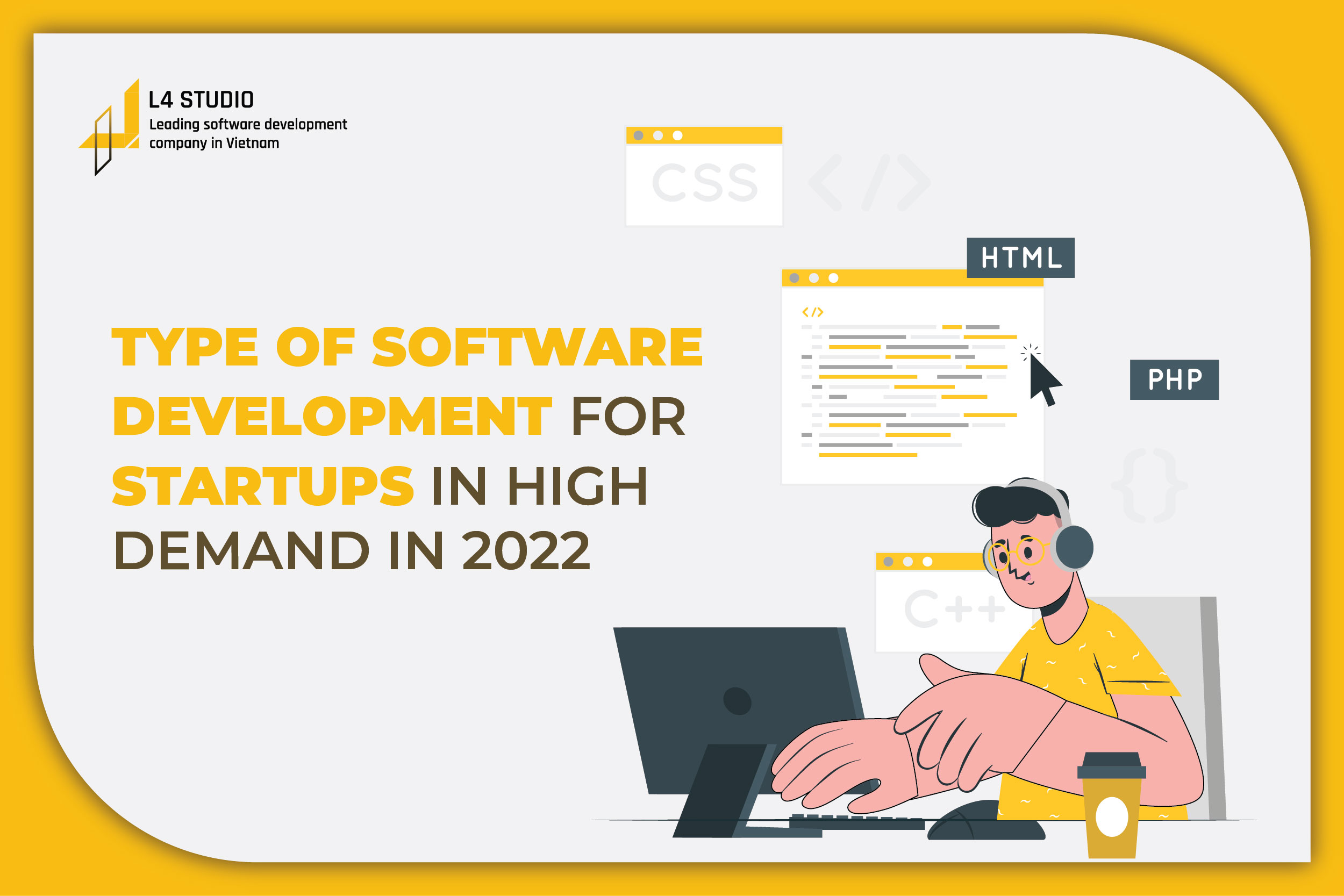
TYPES OF SOFTWARE DEVELOPMENT FOR STARTUPS IN HIGH DEMAND IN 2022
Software development for startups will always be a hot topic. Startups must be pioneers because they have enough chances to access previously developed technologies and materials. In addition, they have to give a decision on which technology to use for specific roles in the first place, which technology is best for building social networks, for making the Internet of Things projects, and so on.
1. FLUTTER: THE PERFECT SOLUTION FOR B2C AND C2C STARTUPS
Flutter, as an open-source framework, is ideal for B2C and C2C projects where the end user is the primary focus. The solution in the user-centric platform is designed with an emphasis on UX and customization.

Figure 1. Flutter is a code one – fit all solution from Google
Flutter is well-suited for cross-platform development and allows for the use of a single codebase to deploy final solutions. Aside from the fast performance of the Flutter code, this framework is powered by Google and has numerous advantages, including a common UI and business logic across platforms, a powerful rendering engine, and the ability to update code and see changes implemented almost instantly, which is suitable as software development for startups. Unlike competing technologies, Flutter allows for more than 95% code reuse across platforms, whereas React Native only allows for 60-80% reuse. However, precise indicators depend on the type of the project.
2. REACT NATIVE: DEVELOPER-FOCUSED SOFTWARE DEVELOPMENT FOR STARTUPS
React Native is an open-source user interface software framework that combines React and native development elements to create enthralling UI interfaces. It can be used entirely or partially in iOS and Android projects. Building applications across platforms becomes easier with React Native, though companies may combine this framework with other technologies in production.
For at least seven years, cross-platform development has been facilitated by the use of React Native. Bloomberg’s iOS and Android mobile apps, Facebook’s cross-platform Ads Manager app, UberEats’ Restaurant Dashboard, Discord’s iOS app, and various parts of Microsoft products ranging from OneDrive to Outlook are all built with React Native technology, so this is recommended software development for startups.
3. PWA: IDEAL FOR A QUICK MVP APP LAUNCH
PWAs are progressive web applications that are built using a specific tech stack (service workers, manifests, and so on) to provide features that are unique to native applications.
PWAs are installable and independent of the platform, making deployment easier. PWAs are downloaded in the same way that native applications are, resulting in the same level of functionality and experience. Furthermore, because PWAs are lightweight and responsive, they are aesthetically pleasing and fully aligned with modern design requirements as common software development for startups. Search engines index them as well, and they appear in search results. However, not all search engine crawlers can immediately process JS and index PWAs.
4. FIREBASE: CONVENIENT TOOLS AND SERVICES
Firebase is a Google-powered app development platform. Teams of all sizes use Firebase to build mobile and web applications because it includes useful tools and services such as authentication, analytics, cloud messaging, real-time database, crash analytics for troubleshooting, performance monitoring, and a test lab.
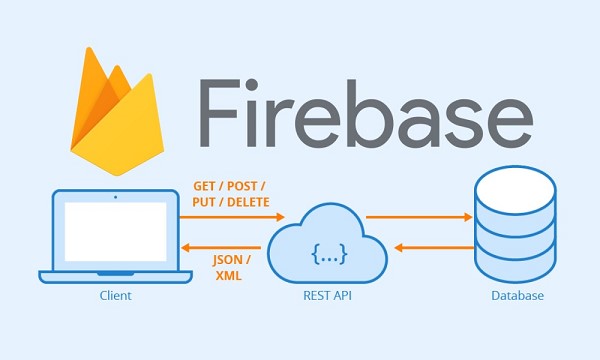
Figure 2. Firebase helps developers shorten deployment time and extend the application model they are developing
MVP Lite anticipates the development of 80% of the critical functionality, lowering overall development costs. Savings of up to 80% are possible. The combination of Flutter and Firebase may enable native database access as well as functions such as authorization, push notifications, and a built-in admin panel. This technology stack and pre-built integrated libraries are ideal for developing mobile and web solutions.
5. HEADLESS CMS: SCALABLE, FLEXIBLE, FAST, SECURE
The headless CMS solution is any back-end CMS that separates the content repository from the presentation layer. It’s a scalable solution because the content can be reused. After all, it’s not linked to the code.
The design features of headless CMS allow users to manage content and APIs. Editors collaborate to create content, which is then saved and delivered.
6. Ruby on Rails: Develop MVP/PoC/Demo and Scale Easily
When you choose Ruby on Rails, your product development will stay on track and go smoothly. Ruby on Rails is perfect for MVP development since it enables for fast iterations and easy product growth. Because it is open-source, good for APIs, and has a low time-to-market, Ruby on Rails is an appropriate solution for many applications. The following scenarios call for the use of Ruby on Rails technology:
- For web applications, especially those that are created as MVPs and Proofs of Concept. This makes it simple to demonstrate to investors:
- For mobile apps, back-end development is simple.
- As you can create online shops, support plug-in modules, and connect customer relationship management and payment systems to your website, e-commerce goods are an excellent application for this technology. Again, Ruby on Rails may assist you in adding marketing components to your technological stack within your website.
- To harness unprocessed data and produce static HTML websites, RoR may be utilized as the foundational technology for static site generators and templates. Because to the existence of Jekyll, which was launched 14 years ago, Ruby in this technological stack has shown to be successful.
7. ARTIFICIAL INTELLIGENCE/MACHINE LEARNING: ENABLING SMARTER APPLICATIONS
Since it enables firms to produce more tailored and smarter apps, AI/ML technology is becoming increasingly significant in software development. AI is the capacity of machines to execute activities that would normally require human intellect, such as pattern recognition, decision making, and learning from experience. Machine learning is a subfield of artificial intelligence that involves the development of algorithms that can learn from data and make predictions or judgments based on that learning.
Customer service is one area where AI/ML is becoming increasingly significant. Chatbots enabled by AI technology may connect with clients, answer their queries, and give support 24 hours a day, seven days a week. This technology may also be used to improve the consumer experience by proposing items based on prior purchases or preferences.
E-commerce is another industry where AI/ML is having an influence. AI-powered recommendation engines may assess client behavior and preferences to deliver customized product suggestions. This can boost consumer involvement and loyalty, leading to greater revenue.
8. BLOCKCHAIN: BUILDING DECENTRALIZED APPS (DAPPS)
Blockchain is a distributed ledger system that securely and transparently records and validates transactions. Transactions are validated by the network of participants using a consensus method, eliminating the requirement for a trusted third party. Blockchain has gotten a lot of interest in recent years because of its potential to transform a variety of sectors and business operations.
The development of decentralized apps, or DApps, is one area where blockchain technology has considerable potential. DApps are blockchain-based apps that enable peer-to-peer transactions without the need for a centralized middleman. DApps have gained popularity in recent years due to their increased security, transparency, and immutability.
DApps have the potential to save costs and boost productivity in areas where middlemen are currently required. DApps, for instance, can enable peer-to-peer lending and other financial services in the finance sector without the use of conventional banks or other middlemen. By doing this, you may lower transaction costs and give more people who might not otherwise have access to financial services.
9. CLOUD-NATIVE APPLICATIONS: SCALABLE AND FLEXIBLE
Cloud-native apps are becoming increasingly popular, particularly among startups seeking to develop scalable and adaptable services capable of handling fast growth and changing user demands. They are intended to fully use cloud infrastructure, including the capacity to scale up and down as needed, automate operations, and minimize expenses.
The microservices design of cloud-native apps is one of its primary advantages. Rather than creating a monolithic application with a single codebase, cloud-native apps are divided into smaller, independent services that connect with one another using APIs. Because faults are generally contained to a single service rather than affecting the entire program, this strategy makes it easier to build and deploy new features and capabilities, as well as debug difficulties.
Overall, cloud-native apps provide a strong combination of scalability, flexibility, and automation that may assist entrepreneurs in developing applications that can grow and adapt with their business.
10. CLOUD-NATIVE APPLICATIONS: SCALABLE AND FLEXIBLE
As entrepreneurs aim to minimize development time and enhance efficiency, low-code development platforms are gaining popularity. These platforms allow developers to create apps with little to no coding by utilizing visual interfaces and drag-and-drop components. This style of development simplifies the process, allowing developers to construct apps faster and more efficiently than traditional coding approaches.
There are various advantages to employing low-code development platforms. For starters, it cuts development time and expenses, allowing companies to put their goods to market more quickly. This is especially vital in today’s fast-paced business climate, as time-to-market is an important component in a startup’s success. Low-code development platforms enable developers to quickly construct and deploy apps, minimizing the time spent testing, debugging, and troubleshooting.
SUMMARY
Startups can be difficult and frustrating initially, but with the assistance of software development for startups, you can find the right path for your company’s success.
Source: Internet
——————————
L4 STUDIO – LEADING SOFTWARE DEVELOPMENT COMPANY IN VIETNAM
Website: https://l4studio.net/
Email: hi@l4studio.net
Phone: (+84) 28 6675 6685
Our Mobile App Development Services: https://l4studio.net/mobile-app-development/
For more exciting blogs: https://l4studio.net/it-knowledge/
Follow us at: https://www.facebook.com/L4Studiovn/
Read more:
